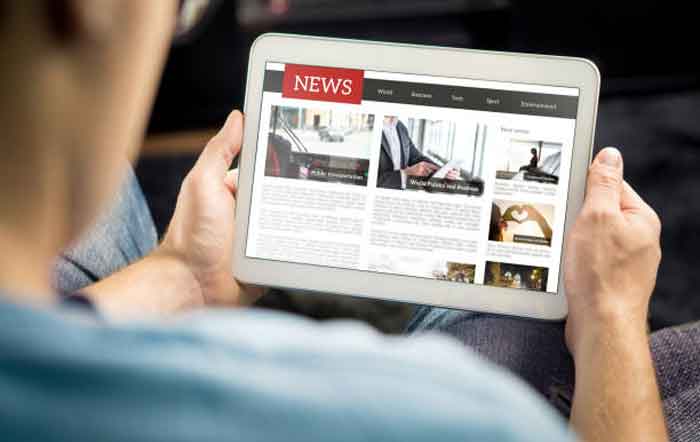Despite all the buzzwords and sensationalism that you hear about, the importance of reading the news cannot be denied. Besides giving you an idea of what is going on around the world, reading news can help you develop your knowledge base. Moreover, reading the news will keep you informed about the latest discoveries and keep you involved. The benefits of reading news are many – it increases your knowledge, reduces illiteracy, and creates a more informed society.
Relevance

The relevance of news content is a critical driver for consumer decision-making, and how consumers perceive the story’s relevancy will determine how many engage with it. For example, social indicators such as “likes” and “shares” often determine article rankings, but they do not always reflect quality content. For example, some studies suggest that the brand and proximity of a publication are less important than the topic. Despite these limitations, the study’s findings suggest that news articles that are relevant to individuals are more likely to gain the attention of news viewers.
Readability
It is important for newspapers to reflect the general reading level of the public. The Internet Archive recently released a massive new dataset that measures readability of news on television. The data covers more than a million broadcasts from 23 stations. The data shows that articles on television are generally readable, but there are a few things you should keep in mind when reading blacks in sports.
Trust
The study was conducted by the Reuters Institute, which aims to understand the reasons why people no longer trust the news. The study also looks at the implications of this decline in trust in news and what organisations can do to restore it. While some audiences know what a brand stands for, many people have no idea. In such cases, audiences tend to rely on shortcuts shaped by their own experiences, partisan and social influences, or even contextual factors involving messaging apps, search engines, and social media.
Importance of a balanced perspective
The idea of a “balanced perspective” is not new. It comes from traditional journalistic practices, and refers to the inclusion of opposing viewpoints within stories. When the media fail to provide equal time to each side of the story, that’s considered to be bias. Many people dismiss news that is heavily skewed towards one side. In order to prevent that, news organizations need to provide multiple perspectives on any given issue, even if they’re biased against one side.
Impact of algorithmic selection
In recent years, the process of news consumption has undergone a sea change, with more sources of information becoming available to consumers. However, recent research has shown that most people prefer algorithmic news selection over human editors. The study’s findings contradict the current debate on the merits and downsides of algorithmic news selection. The authors ask whether the rise of algorithms will erode the trust in the news industry and if people will prefer to read news provided by algorithmic solutions rather than those by human gatekeepers.
